Ancient
In this section there are articles and podcasts to cover broad theme from the ancient world such as ‘From Stonehenge to the Romans’ or more specific areas such as the role of literature or women in particular cultures. There are articles covering the Indus Valley and Mayan civilizations taking the articles in this section well beyond the boundaries of the European Ancient World.
Sort by:
Date (Newest first) | Title A-Z
Show:
All |
Articles |
Podcasts |
Multipage Articles
-

Sudan Holy Mountain: Jebel Barkal and its Temples
ArticleClick to view -

Recorded webinar: Maya ruler King Pakal II of Palenque
ArticleClick to view -

Building local history into the curriculum
ArticleClick to view -

Film: Attic Inscriptions
ArticleClick to view -

How history learners can ‘dig school’ under lockdown
ArticleClick to view -
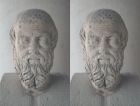
Polychronicon 169: Herodotus
ArticleClick to view -

“They Ought to Know the Achievements of the Ancient Greeks”
ArticleClick to view -
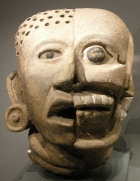
Reuse of the Past: A Case Study from the Ancient Maya
ArticleClick to view -

Ideas on the Shape, Size and Movements of the Earth - Pamphlet
ArticleClick to view -
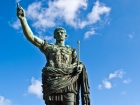
'Veni, Vidi, Vici!'
ArticleClick to view -

Cunning Plan 154: Who is buried in the box?
ArticleClick to view -
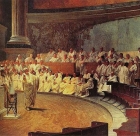
The Government of the Roman Empire
ArticleClick to view -
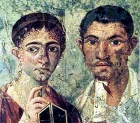
How can there be a true history?
ArticleClick to view -
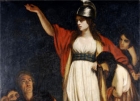
Roman Britain
ArticleClick to view -
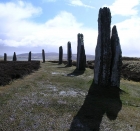
Prehistoric Scotland
ArticleClick to view -
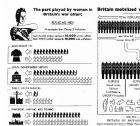
Diagrams in History
ArticleClick to view -
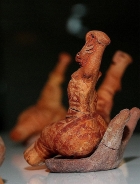
Prehistoric Bristol
ArticleClick to view -

Polychronicon 132: Roman Emperors
ArticleClick to view -
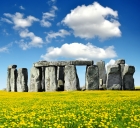
Polychronicon 126: Stonehenge
ArticleClick to view -

Polychronicon 116: The Roman Empire
ArticleClick to view

